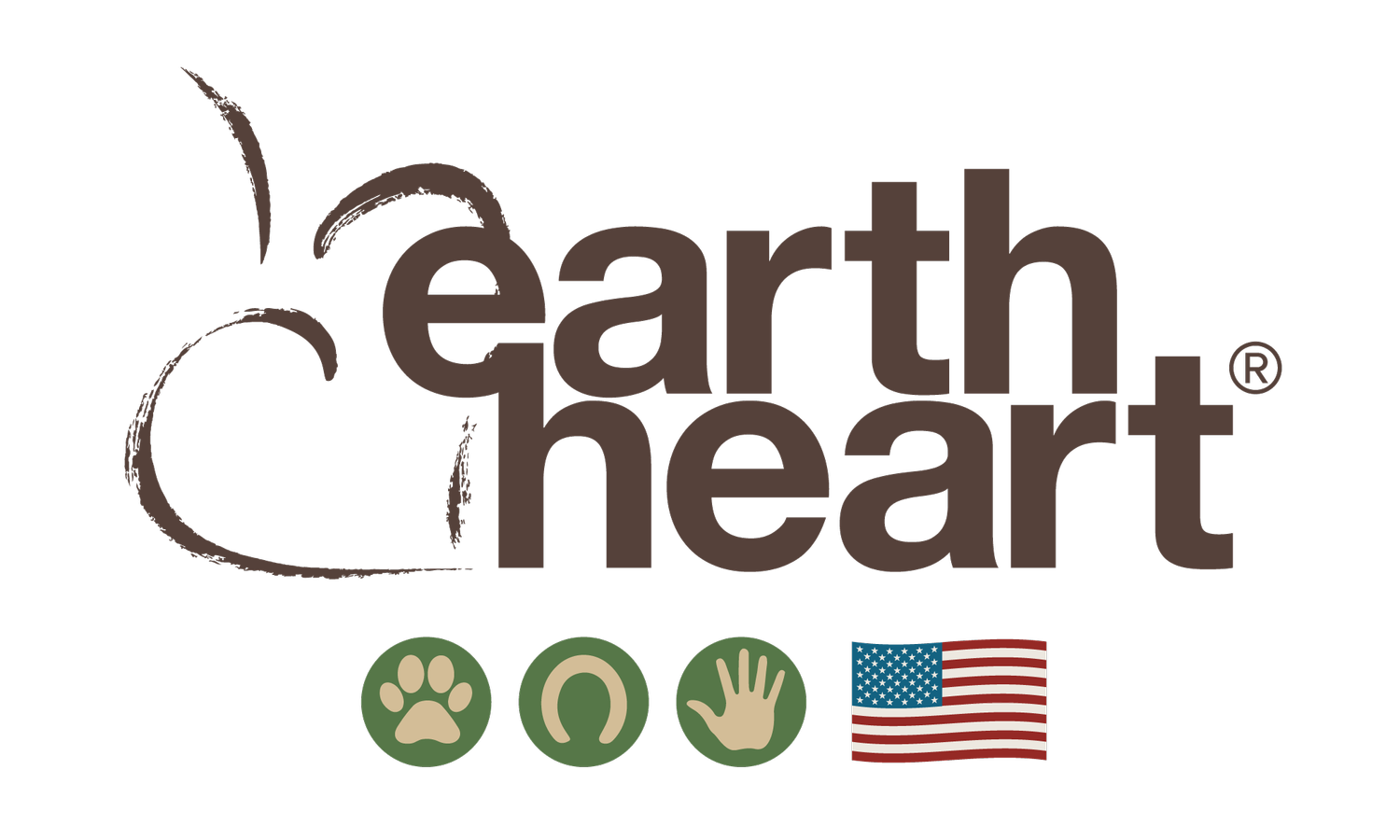
Responsible Aromatherapy™
• Respect for your dog’s keen sense of smell: Dogs have remarkable olfactory memory and can smell up to 100,000 times better than us.
• Situations (and dogs, horses, people) are unique: Using a highly diluted product allows you to control the amount and frequency of dosage to use the least amount needed for the desired result.
• Resource protection: Diluting essential oils prevents the over-harvesting of plants from both overuse and exploitation of depressed economies.
• Protect physical health: Some essential oils are irritating to skin and mucous membranes when used in high concentrations.
• Cost effective: Diluting essential oils is not only safer, it’s also more affordable.
• Less is best: Highly trained (certified, registered, clinical) aromatherapists promote minimal exposure through controlled dosage and dilution to prevent sensitization.

Did you know?
In 2018, the global essential oil market exceeded 7.5 billion USD, and is estimated to exceed 15 billion USD by 2026.

Use & Safety
• Pure essential oils are highly concentrated and must be diluted before using.
• Keep essential oils and aromatherapy products out of reach of pets and children.
• Do not use essential oils with birds, fish, reptiles or small mammal and rodent habitats.
• Keep essential oils away from eyes, ears, nostrils, anal and genital areas. If essential oils do contact these areas, wash with milk or yogurt.
• Undiluted or high percentages of essential oils can overwhelm your dog’s sense of smell, cause systemic sensitization, and irritate the skin or lungs.
• Di ffuse in well-ventilated areas for short periods of time: 15 minutes 1-2 times daily can be sufficient. Place diff users away from bird cages and fish tanks, and make sure cats can easily leave the area.
• Store essential oils and products away from direct heat and sunlight. Undiluted essential oils should only be stored in glass bottles, and diluted aromatherapy products can be stored in glass or PET plastic.
• There is no regulatory agency that grades essential oils: labels indicating therapeutic-grade, pharmaceutical-grade or medical-grade is merely a marketing ploy.
• The use of essential oils does not replace qualified veterinary consultation or treatment.

